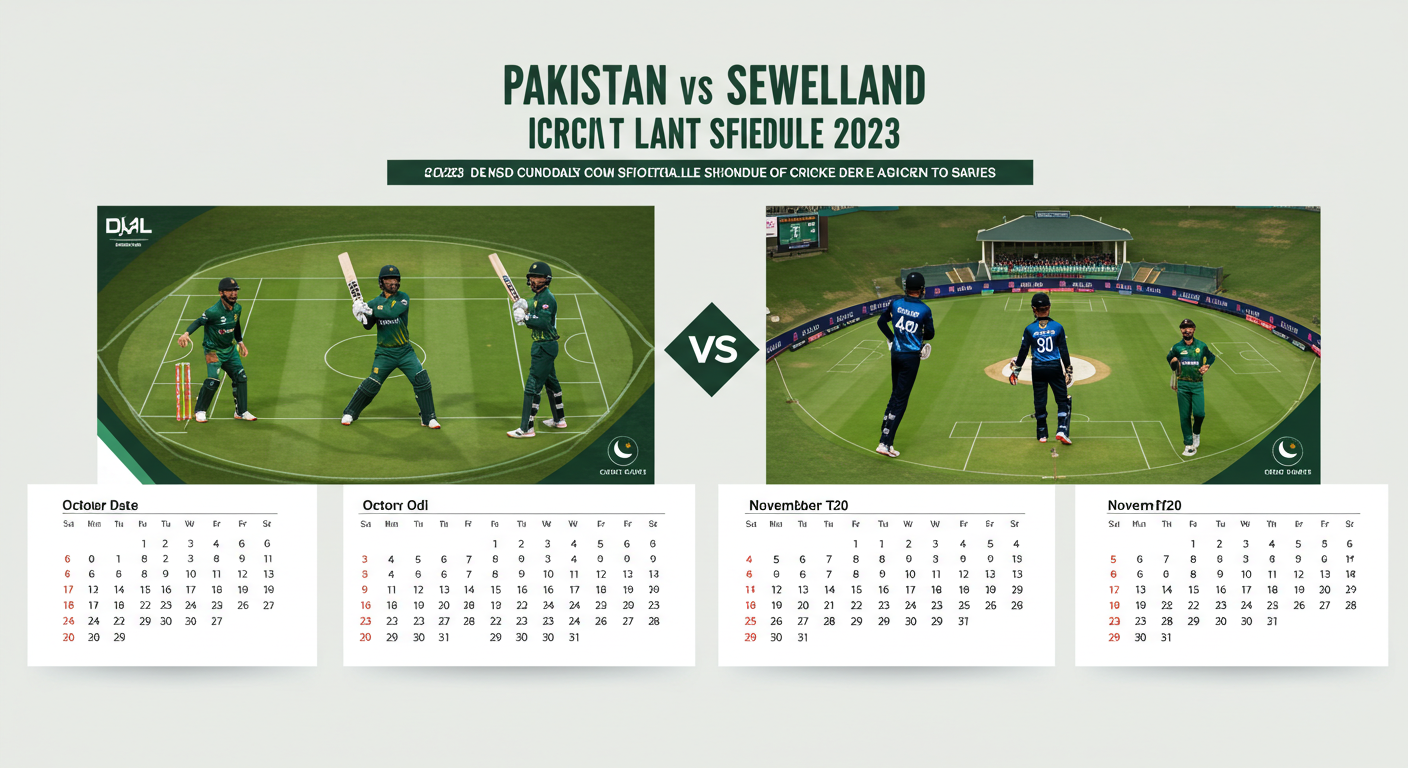Pakistan Cricket Team Squad of the 2003 World Cup: A Look Back
Pakistan Cricket Team Squad 2003 World Cup: A Glimpse into a Historic Campaign
The year 2003 witnessed a thrilling Cricket World Cup, and Pakistan’s journey, although ultimately falling short of the final, was filled with moments of brilliance and heart-stopping drama. This article delves into the composition of the Pakistan squad in 2003, exploring the players’ individual talents, and examining the team’s performance throughout the tournament.

A Team Forged in Tradition and Potential
The 2003 World Cup saw Pakistan fielding a squad rich in experience and young talent. The team, managed by a seasoned figure, comprised a mix of veterans and up-and-coming stars. This article will unveil a glimpse into the minds of those involved in the squad, both players and management, and analyse their individual contributions to the overall performance.
The Star-Studded Lineup: A Closer Look
Let’s embark on a journey through the esteemed 2003 squad, highlighting the key figures who shaped the team’s identity and performance. The players were not just part of a team; they were woven into the very fabric of Pakistan’s cricket aspirations.
- Inzamam-ul-Haq (Captain): A veteran of the game, Inzamam was instrumental in Pakistan’s successes. His batting skills were crucial, and his leadership played a vital role in shaping the team’s strategies during the tournament.
- Saeed Anwar: A powerful batsman and a valuable part of the Pakistan line-up, Saeed Anwar, with his elegant batting style, added significant contributions.
- Mohammad Yousuf: With his consistent batting, Yousuf proved a reliable source of runs. His approach to the game resonated with the team spirit, and he played a pivotal role.
- Shoaib Akhtar: Renowned for his exceptional pace bowling, Shoaib Akhtar’s presence was a force to be reckoned with. This article will explore how his contributions impacted the team’s performance.
- Wasim Akram: The legendary fast bowler, Wasim Akram, brought his wealth of experience to the team, proving a mentor to the younger players, and bolstering the team’s morale.
- Salman Butt: Salman Butt’s presence in the squad, alongside his impressive contribution to the team’s cause, was worth noting. His skills, although often under the radar, were integral.
- Younis Khan: A consistent performer, Younis Khan was crucial in the middle-order and provided stability with his steady approach to batting.
Analyzing Pakistan’s Performance: A Tournament Retrospective
Pakistan’s journey in the 2003 World Cup was a mix of exhilarating victories and heartbreaking losses.
The team faced several challenging matches, but each encounter provided valuable insights into their strengths and weaknesses. We will delve into the nuances of these matches, exploring specific plays and strategies, and considering the overall impact they had on Pakistan’s campaign.
Pakistan, despite their valiant efforts, had to face several strong opponents. The team, often exhibiting flashes of brilliance, stumbled at critical junctures. The analysis will delve into potential reasons for their setbacks, offering a candid assessment.
Turning Points and Critical Moments
Certain matches stand out as pivotal moments in Pakistan’s 2003 campaign. These are the moments that shaped the narrative of their journey. Were there specific incidents that changed the trajectory of the games? This analysis will pinpoint the critical moments that defined their performance. Did these players face immense pressure? How did the pressure impact their gameplay?
Pakistan’s 2003 World Cup performance showcased the unpredictable nature of international cricket. Their valiant efforts, despite the setbacks, cemented their place in the annals of cricket history. This article explores these moments in detail, offering insights into the psychology of sports and the impact of pressure on performance. We will consider the roles of individual players and the overall team dynamics.
The Legacy of the 2003 Squad: A Lasting Impression
The 2003 Pakistan cricket squad, although not securing the World Cup title, left an undeniable mark on the sport. Their performances, both highs and lows, enriched the tournament and influenced the future of Pakistan cricket.
We analyze their performance not just through statistics, but also through the lens of the players’ personal stories, the team’s dynamics, and the broader cricketing landscape of the time. This gives us a more holistic perspective on their contribution.
Beyond the Field: The Human Side of the Game
The 2003 squad wasn’t just about statistics and scores; it was about the personalities involved, the camaraderie, the struggles, and the triumphs. The article delves into the personal lives and the motivations of the players involved. Were there any challenges they had to overcome to reach this point?
Were there particular cultural influences or personal stories that shaped their performance?
Understanding the human element behind the game provides a richer appreciation for the sacrifices, the dedication, and the sheer passion that fuels the sport of cricket. It adds depth to the analysis, offering unique insights into the psychology of high-pressure situations.
In summary, the Pakistan cricket squad of 2003 offers a fascinating case study in the complexities of international sport. By examining their individual and collective achievements, the article aims to provide readers with a comprehensive understanding of Pakistan’s 2003 World Cup campaign. The detailed accounts of the team’s experiences will provide valuable insights into the world of international cricket.